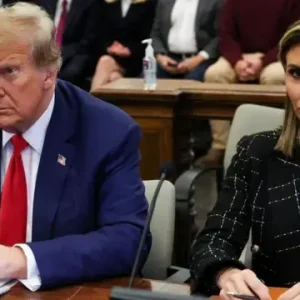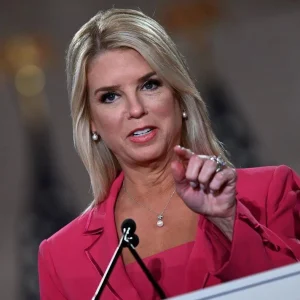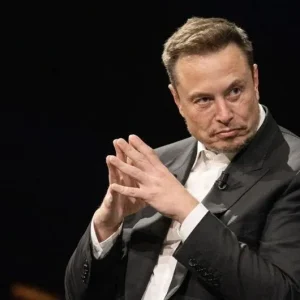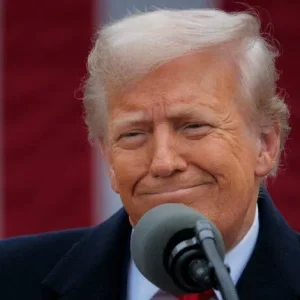In a startling turn of events, former U.S. President Donald Trump has found himself entangled in the ongoing geopolitical conflict between Ukraine and Russia — despite no longer holding office. As Ukraine battles both on the front lines and in economic turmoil, its leadership is increasingly invoking Trump’s name in what appears to be a strategic move aimed at influencing U.S. policy and future support.
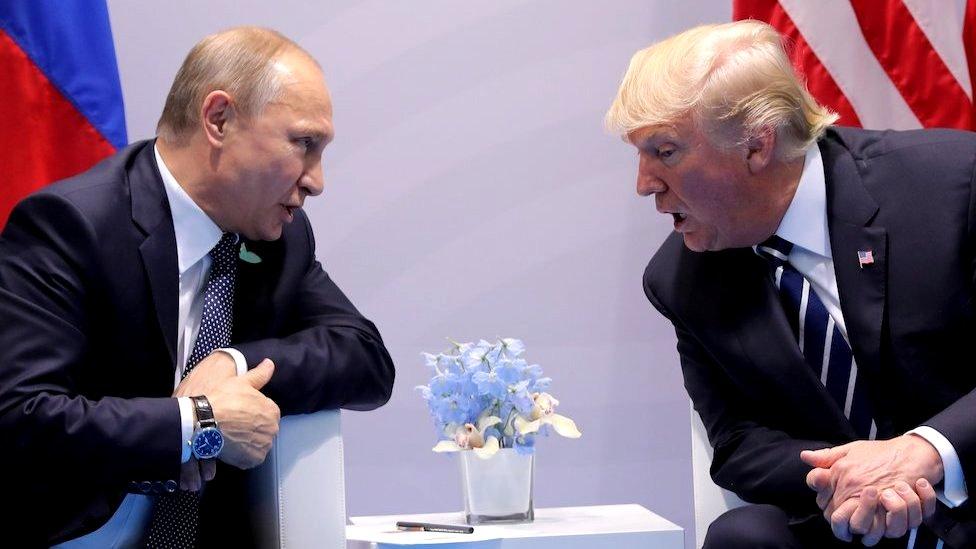
Ukraine, burdened with a staggering national debt exceeding $120 billion, remains heavily reliant on Western financial aid to sustain its defense and rebuild its crumbling economy. Since Russia’s full-scale invasion in 2022, the United States has funneled tens of billions of dollars into Ukraine. While the Biden administration has firmly supported Kyiv, domestic U.S. political divisions are growing louder — with Donald Trump at the forefront of criticism.
Trump has repeatedly questioned the scale and purpose of U.S. aid to Ukraine. Labeling the war a “European problem” and accusing the Biden administration of reckless spending, Trump’s rhetoric has resonated with many conservative voters. Now, as he eyes a potential return to the White House in 2024, Ukraine seems to be bracing for a shift in American foreign policy.
But in a surprising twist, Ukrainian officials and aligned media have subtly cast Trump as a figure potentially sympathetic to Russia — hinting at past controversies such as his praise for Vladimir Putin and his administration’s delay of military aid to Ukraine in 2019. Analysts suggest this could be a calculated effort by Ukraine to rally American lawmakers and public opinion against any Trump-led rollback of support.
Still, this tactic carries significant risk. By openly tying Trump to Russian interests, Ukraine may alienate a future U.S. leader who could soon hold the keys to its military and financial survival. Should Trump win in 2024, a hostile relationship with Kyiv might emerge — not over ideology, but over a perceived betrayal.
From Moscow’s perspective, these developments offer a strategic opening. A potential reduction in U.S. aid could tilt the balance of power in the Kremlin’s favor, weakening Ukraine’s defenses and its negotiating position. Russian state media has already begun amplifying Trump’s statements, framing them as evidence of waning Western resolve.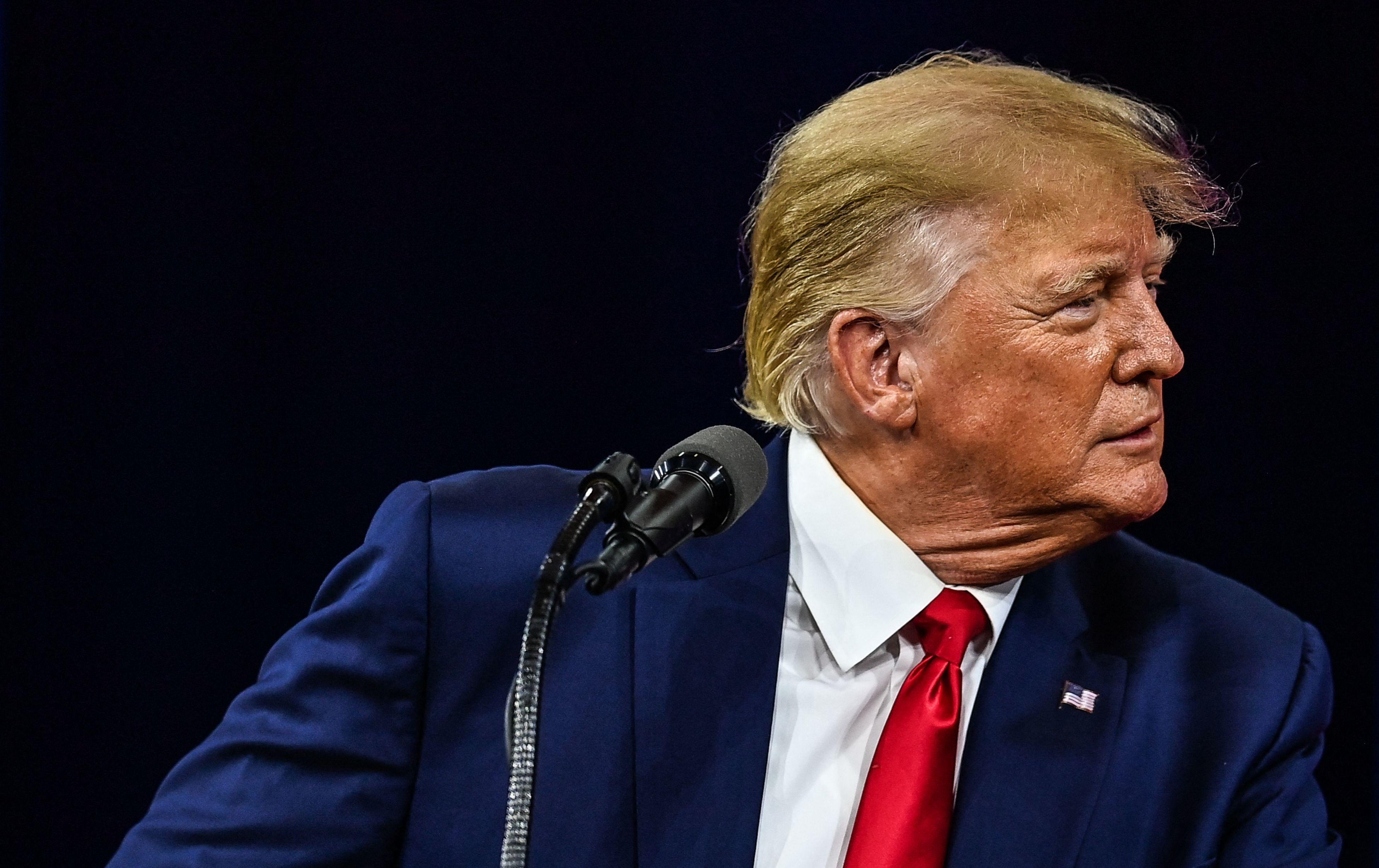
Meanwhile, Ukraine’s economic crisis deepens. Inflation is surging, infrastructure lies in ruins, and Western fatigue is growing. Against this backdrop, dragging Trump into the narrative may be Kyiv’s attempt to warn Washington: continued support is not just about Ukraine, but about preserving Western credibility.
But is this a wise gamble? Critics argue that politicizing U.S. elections could backfire, undermining bipartisan support that Ukraine desperately needs. Others see it as a bold, if desperate, move from a country with few cards left to play.
As the 2024 U.S. election approaches, Ukraine’s future may hinge not only on the battlefield but also on the outcome in Washington. And with Trump back in the headlines, the stakes — for Ukraine, for NATO, and for the global order — have never been higher.

